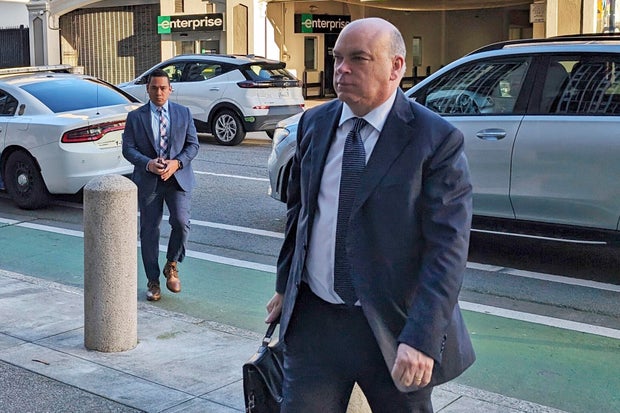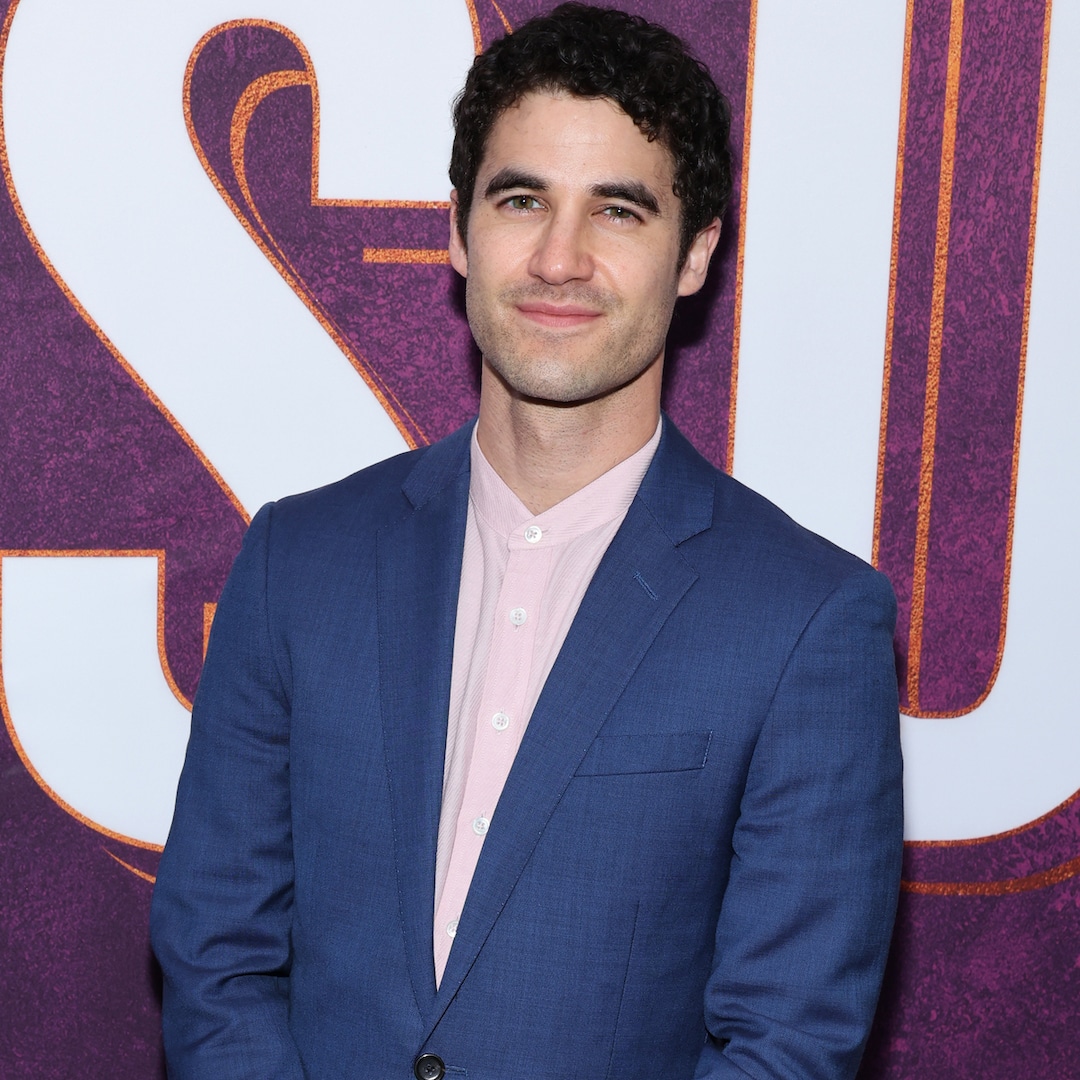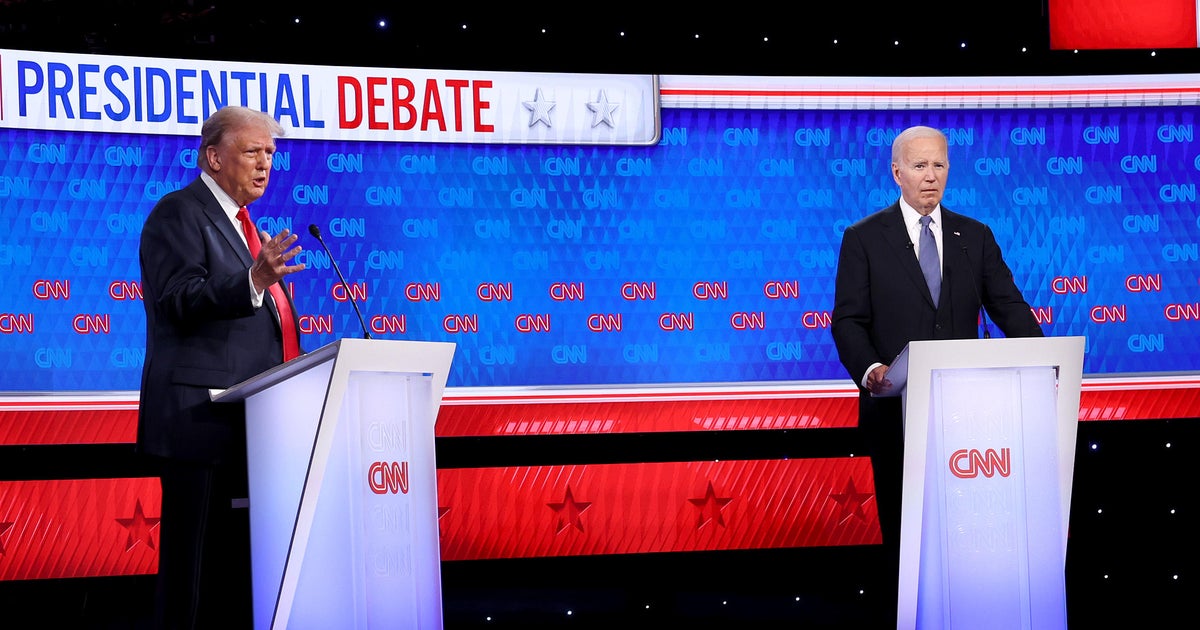San Francisco – Mike Lynch, once hailed as Britain's tech king, has been acquitted of charges alleging he orchestrated a fraud and conspiracy that led to an $11 billion deal that became an expensive albatross for Silicon Valley pioneer Hewlett Packard.
The not-guilty verdicts reached Thursday by a jury in federal court in San Francisco followed an 11-week criminal trial that delved into the story of HP's 2011 acquisition of Autonomy, a of business software that Lynch founded and later oversaw as CEO in Britain. HP initially celebrated the purchase as a major coup that would propel the Palo Alto, Calif.-based company onto a promising new path, but then quickly regretted it under then-CEO Meg Whitman.
The jury acquitted Lynch of the 15 counts against him. Near the end of the trial, U.S. District Judge Charles Breyer threw out a count of securities fraud included in the U.S. Department of Justice's case against him in an indictment dating back to 2018. It took years to extradite Lynch from UK and then more legal fights. before the trial finally began in mid-March.
Lynch, 58, had been released on $100 million bail.
Michael Liedtke / AP
Being accused of massive fraud marked a dramatic turn in fortunes for a businessman once described as Britain's Bill Gates, a title he appeared to live up to when he brokered the sale of Autonomy which brought him a windfall of over $800 million.
The acquittal vindicates Lynch, who spent years fiercely denying any wrongdoing while painting HP as a technological disaster.
It's another setback for HP, which had spent years blaming Lynch for misleading the company in a deal that deepened its problems and tarnished a legacy that dates back to the company's founding in 1939 in a garage from Silicon Valley.
Bloomberg reported that Lynch “huged his lawyer and wiped his eyes after the verdict was read while some people in the courtroom were audibly crying.”
In a statement, Lynch said he was elated with the verdict and thanked the jury for analyzing the facts of the complex case.
“I'm looking forward to coming back to the UK and getting back to what I love most: my family and innovating in my field,” Lynch said.
Another former Autonomy CFO, Stephen Chamberlain, faced fraud charges alongside Lynch during the complex trial. The same jury also acquitted Chamberlain.
Among others, they were accused of inflating Autonomy's income.
A spokesman for the Department of Justice, Abraham Simmons, told the Reuters news agency: “We recognize and respect the verdict.”
After prosecutors called more than 30 witnesses to the stand to help make their case, Lynch testified in his own defense over several days last month, occasionally speaking directly to jurors as he recounted various twists and turns of British phrasing.
Like his own lawyers, Lynch maintained that he did nothing wrong and argued that Whitman unfairly made him and Autonomy a scapegoat for HP's mismanagement and deteriorating financial situation.
Whitman, who became HP CEO after an unsuccessful campaign to become governor of California in 2010, ended up recognizing $8.8 billion in losses on the Autonomy deal and eventually fired Lynch in 2012 while accusing him of cooking the books. He also laid off thousands of workers as HP's fortunes sank and eventually split the company in two to separate its personal computer and printer operations from products and services sold to other companies.
Although Whitman was not called to testify, the trial investigated HP's decline under his leadership. Another former HP CEO, Leo Apotheker, who negotiated the Autonomy deal, was called to the stand by federal prosecutors to describe Lynch's alleged misconduct.
Apotheker initially saw Autonomy as a key piece of his plan to reduce HP's reliance on selling PCs and printers during the advent of the smartphone. Evidence presented at trial indicated that HP had internally valued Autonomy at up to $46 billion, primarily for its software that helped other companies quickly find valuable information buried in email and other digital documents.
While federal prosecutors described Lynch as iron-headed and undercover during his 16-year reign as Autonomy's CEO, his lawyers cast him as the prototypical tech nerd who liked to eat cold pizza at night as I brainstormed ideas that could turn into gold.





